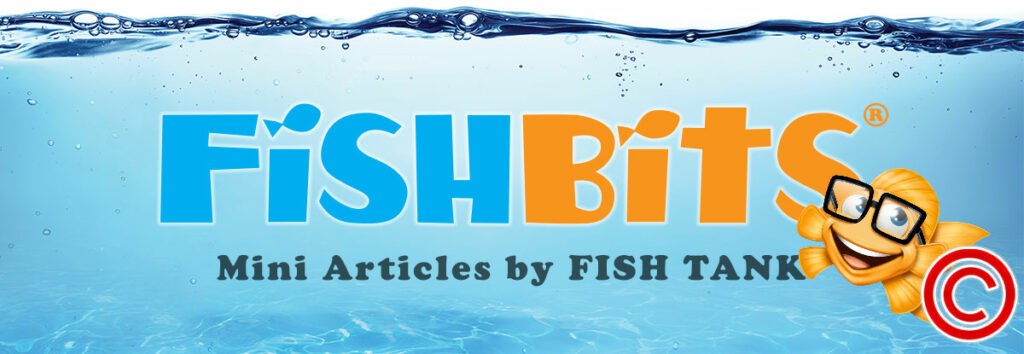Intellectual Property Insights from Fishman Stewart
Mini Article – Volume 22, Issue 24
Share on Social

The Benefits of Copyright Registration
Recently, we filed an application to register the copyright for Finny the Fish. In the United States, and in many other countries, copyright protection arises at the moment a work is fixed in tangible medium. This means, for example, that you have rights as soon as you write a poem with a pen on paper, save a typed letter to your computer hard drive, record a song on tape, paint on canvas, sculpt in marble, or snap a photograph on your mobile phone. A work is protected by copyright automatically: one need not file for protection with the government to protect a work. So, why would we take the extra step to register Finny’s copyright?
Copyright registration is optional, but it provides several key benefits. For example, for US works, you must have a registration to bring an infringement lawsuit in federal court. Timely registration (meaning within three months of first publication or before infringement) confers additional benefits in infringement lawsuits like the right to receive statutory damages ($750-$30,000 per work and up to $150,000 per work willfully infringed), attorneys’ fees, and litigation costs. The availability of statutory damages can be a powerful tool in stopping infringement and deterring would-be infringers. Copyright registrations also may be recorded with US Customs and Border Protection which has authority to seize and detain infringing products at the border.
For more information on copyright registration, contact Kristyn Webb.
Kristyn Webb is the Group Leader of Fishman Stewart’s Copyright Practice Group, and is currently earning a Master’s Degree in Copyright Law at King’s College London.

Published December 2, 2022


Related Content from Fishman Stewart
People have long pondered whether or not the Giza pyramids were indeed solely burial chambers, which was the only known, and archaeologically determined, use—until now.
By 1930, efforts began in New York to replace Mother's Day with Parent's Day because men were more than just breadwinners. Those efforts didn't catch on, probably because in that era, women often spent more time in the home.
In February, Nike and Skims announced that they will be working together on a new brand, NikeSkims. The co-brand will create a new line of training apparel, footwear, and accessories specifically designed to meet the unique needs of women athletes.
Generally, federal courts have exclusive jurisdiction over copyright cases, and often, this presents an insurmountable paywall for individual artists and small businesses to vindicate their rights, especially where the value of the individual copyrighted works are relatively low.
Dedicated to raising public awareness about the importance of encouraging innovation and creativity throughout the world, the World Intellectual Property Organization (WIPO) annually observes World Intellectual Property Day on April 26 to showcase the role that patents, trademarks, industrial designs, copyrights and trade secrets play in our everyday lives.
Hold onto your foam fingers, sports fans – college sports just got a whole lot more interesting! The latest updates to Name, Image, and Likeness (NIL) rules are making student-athletes bigger than ever, and it’s not just about the game anymore.
Did a federal court in Louisiana recently decide that US copyrights are global rights? It seems so.
One of his most famous songs, “Lose Yourself” was recently at the center of a lawsuit. In 2019, Eminem’s publishing company Eight Mile Style sued Spotify claiming that Spotify streamed a number of its musical compositions without proper licenses.
One of the most common challenges is whether AI should be free to train on data that is protected by copyright and owned by third parties without first obtaining permission.
The U.S. Copyright Office (USCO) recently published its latest report on AI and “copyrightability.” In short, the USCO considers only some AI-generated works to be sufficiently creative as to deserve copyright protection, and thus, registration.
IDENTIFYING, SECURING AND ADVANCING CREATIVITY®












